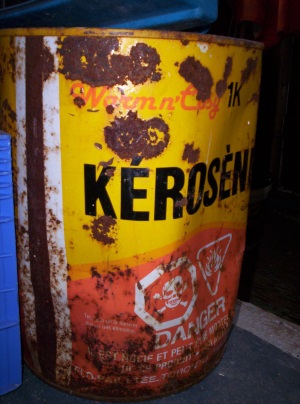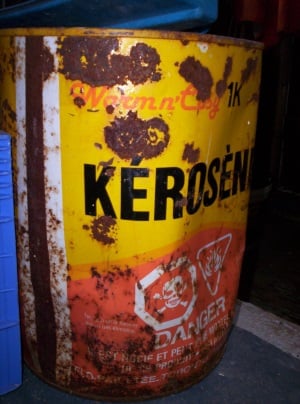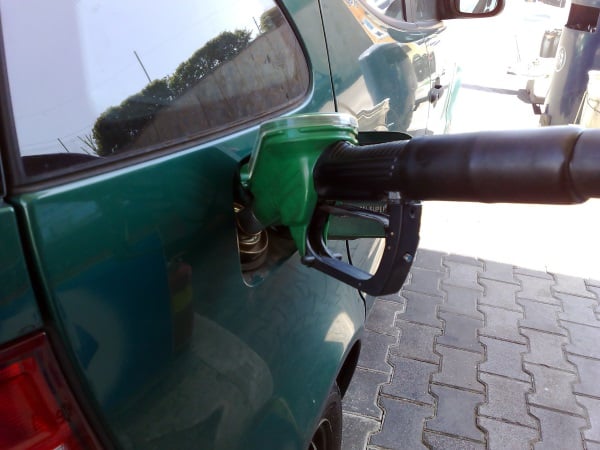Accidentally mixing gasoline and diesel fuel - What happens then?
Here's a couple of scenarios we've come across. Someone calls us at the Bell office and starts to describe a situation where they had a diesel tank...

 If you snoop around on the internet, sometimes you’ll see a question of a forum like this:
If you snoop around on the internet, sometimes you’ll see a question of a forum like this:
“Oops, I accidentally filled my diesel with kerosene. What’s going to happen?”
The responses received are usually mixed. Half the people will say ‘don’t worry, you’ll be fine’. The other half will say “watch out for ________”
Kerosene is also called #1 diesel fuel oil, whereas regular diesel is designated as #2 diesel fuel oil. Some people consider it similar enough that they may try to use it interchangeably with regular (#2) diesel fuel. Why would they do that and what issues might they encounter?
What happens when you burn kerosene is derived from its properties. Kerosene is a lighter diesel oil than #2, hence why it is designated as #1 diesel. The lighter weight means it contains slightly less energy – about 135,000 BTU per gallon vs. 139,000 BTU for a gallon of #2.
Kerosene doesn’t contain very high levels of aromatic compounds; they typically get concentrated in the #2 and heavier diesel fuel oils. This is part of the reason kerosene burns drier, with less lubricity, than #2 diesel.
The most common concern cited is the dry burn of kerosene that may damage fuel pumps. Kerosene has very little lubricity compared to #2 diesel. Without the lubricity, fuel pumps experience a lot of wear and may burn out when running on kerosene. Some people will cite additional parts that will wear, like rings and gaskets and valves. The easy fix for this is to add some automatic transmission fluid to the kerosene. 2-cycle oil also works in this situation.
Some people will cite kerosene as a hotter-burning fuel than #2 diesel, with subsequent concerns about burning out rings. Others cite the fact that kerosene has less energy value, and so would not burn at a hotter temperature.
It is absolutely true that kerosene contains less total energy than #2. But less total energy only means that if you burned a gallon of kerosene, you would get less total heat than if you burned a gallon of regular on-road diesel.
In practice, kerosene has a lighter viscosity value and this *does* make it burner at a hotter temperature in an engine.
Kerosene can be mixed with diesel fuel to gain a couple of benefits. In the winter time, kerosene is extremely useful for changing the cold weather handling temperatures of diesel fuel. The rule of thumb is that mixing in ten percent kerosene will lower the cold filter plugging point of a diesel fuel blend by five degrees. In the really cold weather climates, it can be more cost effective to use kerosene as a mixer, rather than a cold flow polymer.
Mixing kerosene with #2 is also tried to lower emissions. The logic is that kerosene "burns cleaner" than #2, and so will lower emissions.

Here's a couple of scenarios we've come across. Someone calls us at the Bell office and starts to describe a situation where they had a diesel tank...
As the country's climate changes, we're seeing more and more severe winter weather events. As of this month, August, across much of the nation, the...

Some comments today about biodiesel fuels and biodiesel problems. It’s now been ten years since production and use of biodiesel exploded in the...